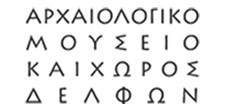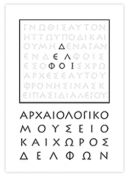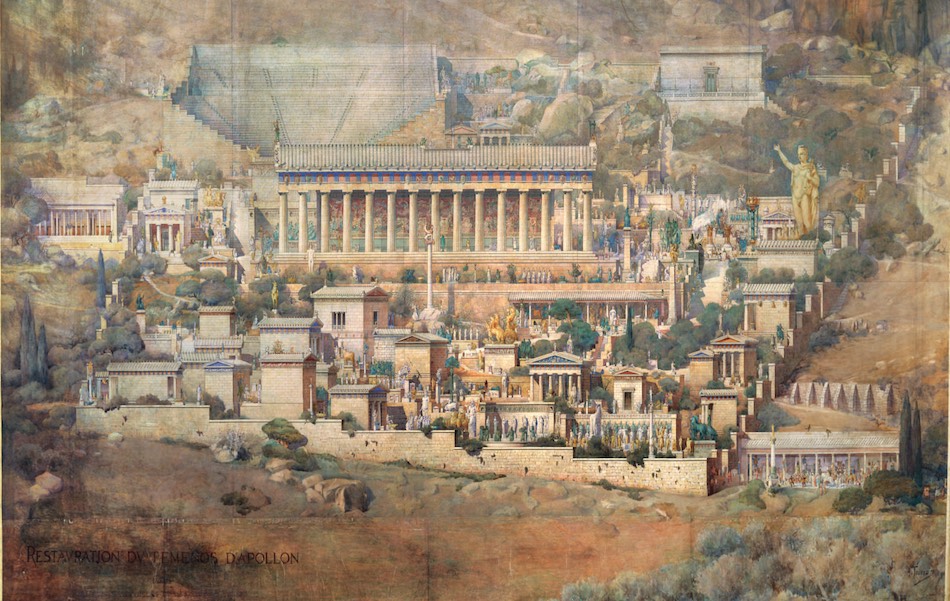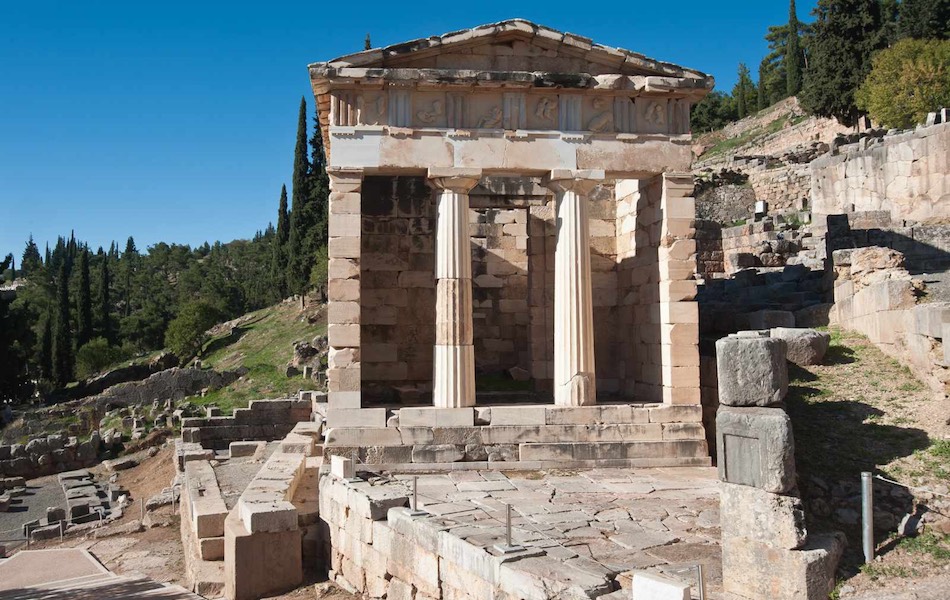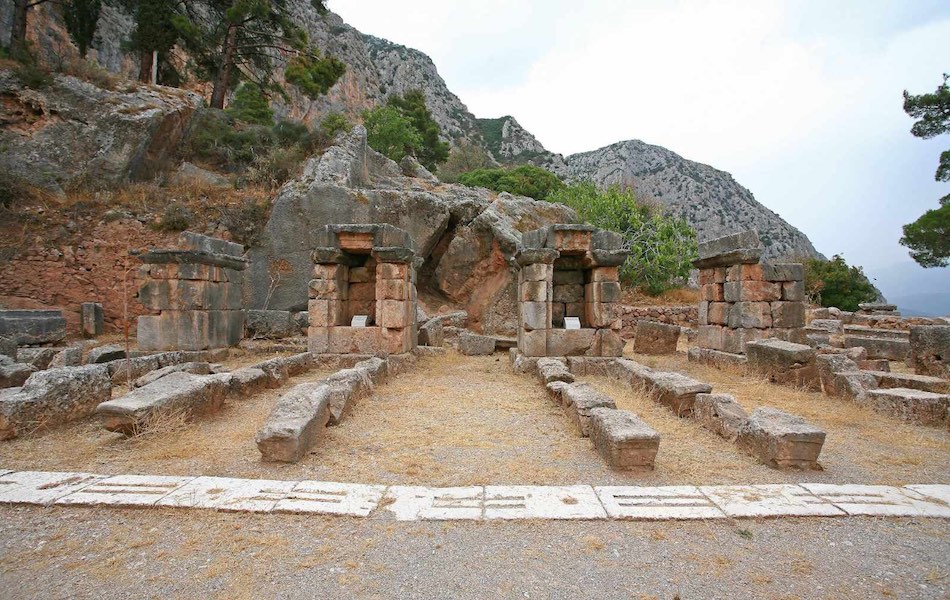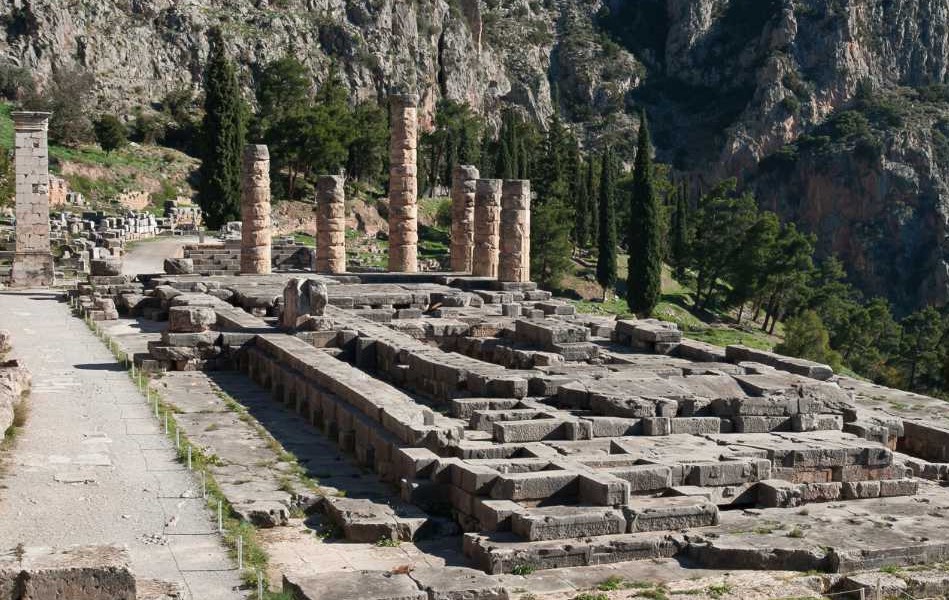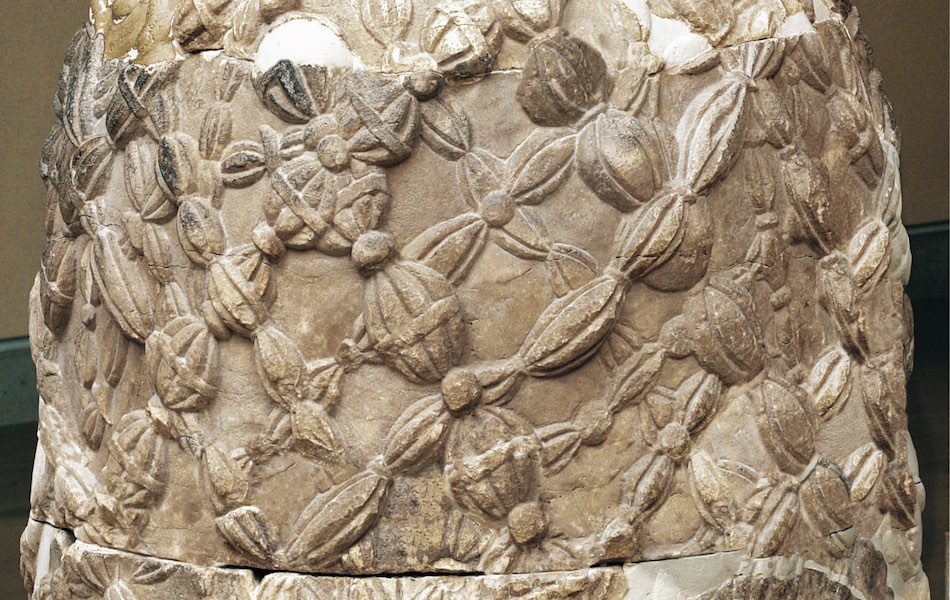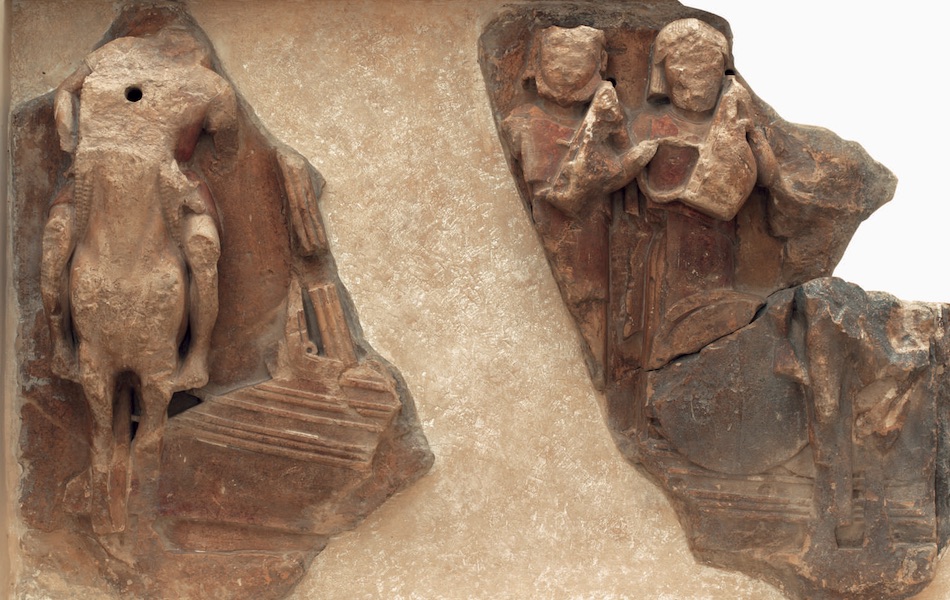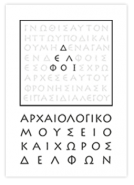Kallion
Kallion or ancient Kallipolis is situated to the NW of Lidoriki, at the site of the fortress of Velouhovo. Thucydides mentions the inhabitants of the city (Kallieis) as the easternmost part of the Aetolian tribe of the Ophioneis. Pausanias and Stephanus Byzantius (who refers to the city as Sollion and Phakion) mention that Kallion was this tribe’s capital. In the Hellenistic period, according to epigaphic testimonies, the cty was named Kallipolis. Although traces of habitation since the Geometric period are extant, Kallion seems to have been inhabited in a systematic way only since the 4th century B.C., when it adhered to the Aetolian League. It was situated in a strategic position and was therefore attacked by the Galatians in 279 B.C. Their raid was particularly brutal: the city was almost raised to the ground and all the inhabitants savagely slaughtered or enslaved. Following the Galatians’ raid, the city was rebuilt. Lidoriki emerged as a successor to Kallion and in the 9th century it is referred to in the sources as a see of a bishopric and as the administrative centre of Doris. In the 14th and 15th century only the fortress of Lidoriki is mentioned in the sources, probably identified with the medieval remains of buildings and fortifications preserved on the ancient acropolis. After a thorough excavation in 1978-79, the public buildings and the cemeteries of the city were inundated by the waters of the lake created by the dam of Mornos.
MUSEUM OF DELPHI
